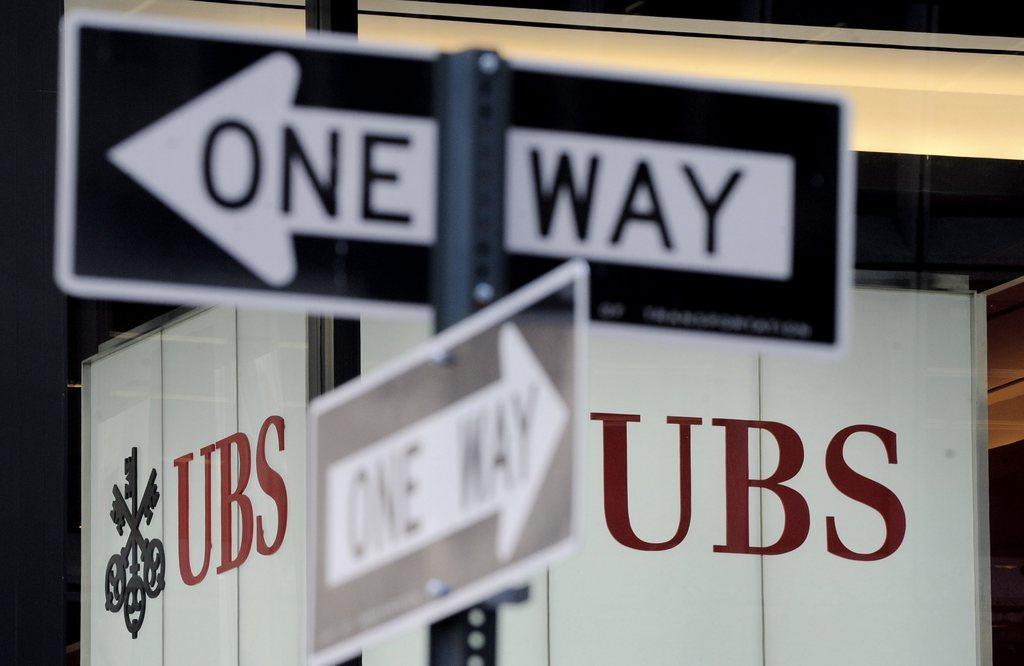
Davos: Blockchain can no longer be ignored

The world’s big financial institutions are wrestling with a cryptocurrency dilemma: whether to stand by and denounce a technology many distrust but also fear — or join those investing in it.
After a surge in the combined market value of cryptocurrencies from less than $20bn to more than $540bn, the phenomenon — and the blockchain technology that underpins it — has become impossible for the financial establishment to ignore, despite its denunciations of bitcoin in particular as “a fraud”, “index of money-laundering” and worse.
“We are sitting down around this table trying to decide whose lunch we are going to eat,” says Richard Crook, head of emerging technology at Royal Bank of Scotland. “Because blockchain’s benefits come from decentralisation there is little point replacing one technology with another without changing the business model.”
Blockchain is a shared ledger technology that powers cryptocurrencies but also allows encrypted data on anything from money to medical records to be shared between companies, people and institutions. This protects data from fraud while instantly updating all parties concerned.

More
Financial Times
External linkThe looming threat for today’s financial institutions is that the technology is based on sharing a single version of a database across multiple parties without a controlling entity in the middle. As a result, stock exchanges and clearing houses could be disintermediated, while big global foreign exchange trading houses, such as JPMorgan and Citigroup, could lose out if smaller banks start using blockchain.
To date the debate has pitted anti-establishment believers in the technology’s power to sweep away many of the faults they see in today’s financial system against top financial leaders who worry about dirty money and are warning investors of a bubble. But big financial institutions’ concern about losing out has shifted the terms of the discussion, which moves this week to the World Economic Forum in Davos, which is holding its first session on “the crypto-asset bubble.”

More
Is blockchain the solution for the next financial crisis?
Jamie Dimon, chief executive of JPMorgan Chase, has recently said he regrets calling bitcoin a fraud.
Adam Ludwin, chief executive of Chain, which supplies blockchain systems to financial groups such as Nasdaq, accepts many criticisms thrown at what he calls crypto-assets, not least that they are inefficient, difficult to scale up, overvalued and plagued by misunderstanding and poor governance. Bitcoin’s value has fallen substantially in recent weeks.
But Mr Ludwin argues that crypto-assets have one big advantage over other types of application, their “resistance to censorship”. Nothing can stop a payment in bitcoin because it is done between two parties without a central authority between them.
Mr Ludwin gives the example of someone paying for a meal on Venmo, the US payments app, and attaching a note to say “thanks for a great Persian meal” — only for the payment to be stopped by a bank’s compliance check stumbling over the word “Persian”. That could not happen with bitcoin.
Most banks refuse to touch cryptocurrencies, which raise anti-money laundering concerns because of their anonymity. UK lenders, for instance, have even declined to provide mortgages to people who have funded their purchase deposit by selling cryptocurrencies, which means their money cannot be traced.
However, many big financial institutions are investing plenty of time and money exploring the potential of blockchain technology to improve a range of activities from post-trade settlement in financial markets and cross-border payments to trade finance and syndicated loans.
There are already signs of the crypto-asset class permeating Wall Street, such as last month’s creation of bitcoin futures contracts by two big US exchanges — the CME and Cboe. Goldman Sachs and Morgan Stanley are clearing these contracts for customers while steering clear of directly trading cryptocurrencies or holding them in custody for clients.
Meanwhile, investor interest is surging in cryptocurrencies and the initial coin offerings that finance blockchain-based start-ups.
Last year, ICOs raised more than $3.4bn for such start-ups in an almost completely unregulated market that could threaten fundraising via traditional initial public offerings. Telegram, the messaging app, plans to raise $2bn in what would be a record ICO this year.
Oliver Bussmann, the former chief information officer at UBS who advises on ICOs, says banks are being sidelined. “Crypto-asset managers are coming up to speed like crazy because the banks are standing still while demand is rising from family offices and other big investors,” he says.
Banks are calling on regulators to tackle the new crypto-markets such as ICOs quickly. “We can’t deny that things are changing,” says Benoit Legrand, chief innovation officer at Dutch bank ING. “The world will include cryptocurrencies in the way we work in the next 10 years. But it needs to be regulated. This is absolutely key.”
Antony Jenkins, the former Barclays boss who sits on the board of the cryptocurrency wallet provider Blockchain, believes the impact on financial services and even money itself will be “profound”.
“If you can imagine a world in which you did have one global digital currency, imagine what the benefit of that would be, imagine all the friction and the cost that would come out of the system,” he said in a recent FT video interview. “These things of course might be far in the future, but I don’t think they are very far in the future.”
Copyright The Financial Times Limited 2018

In compliance with the JTI standards
More: SWI swissinfo.ch certified by the Journalism Trust Initiative

























You can find an overview of ongoing debates with our journalists here . Please join us!
If you want to start a conversation about a topic raised in this article or want to report factual errors, email us at english@swissinfo.ch.